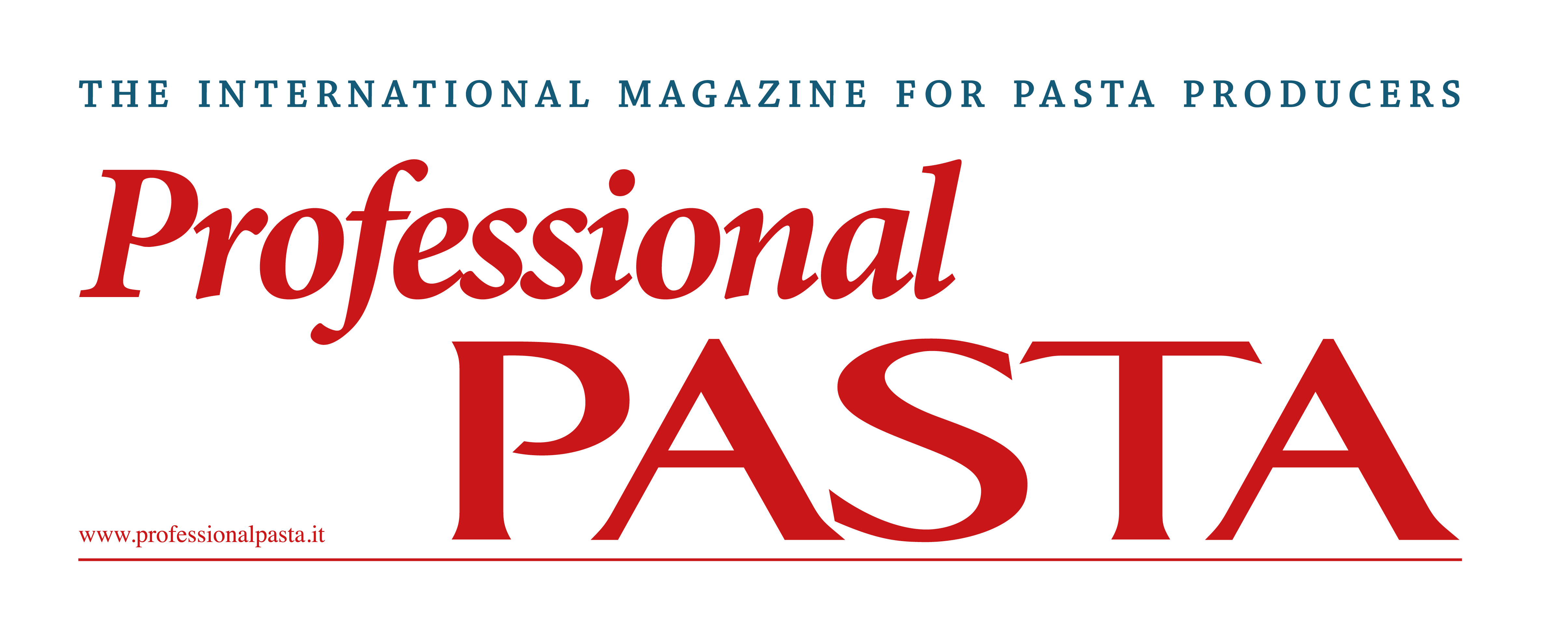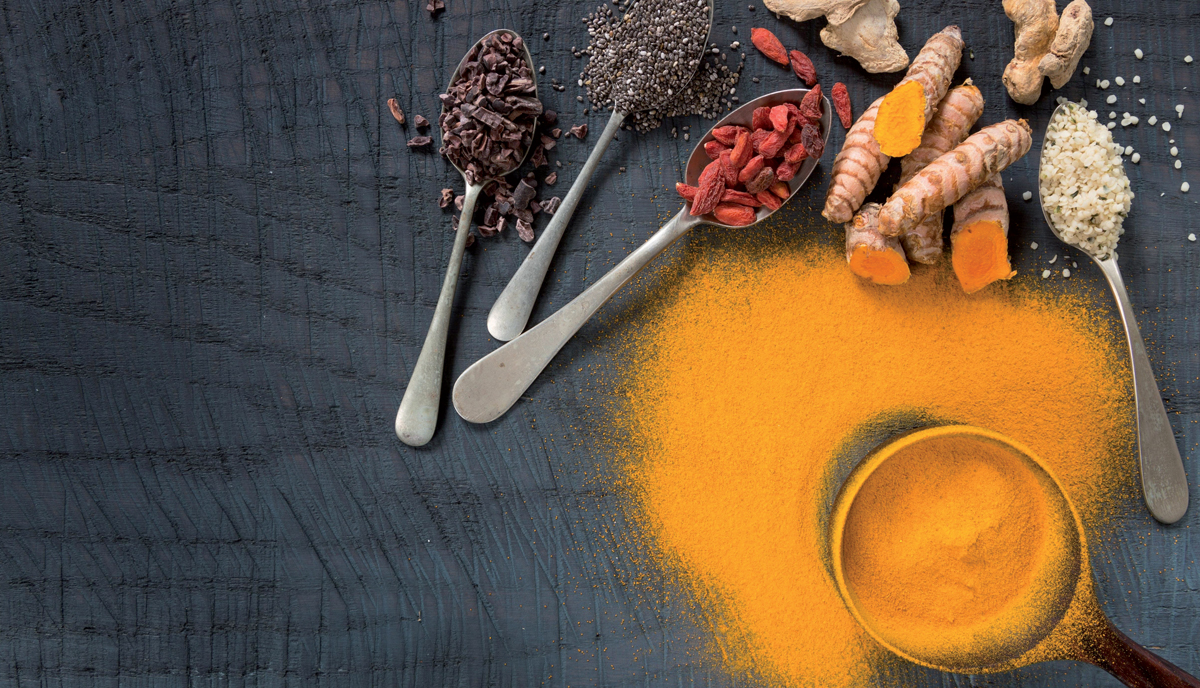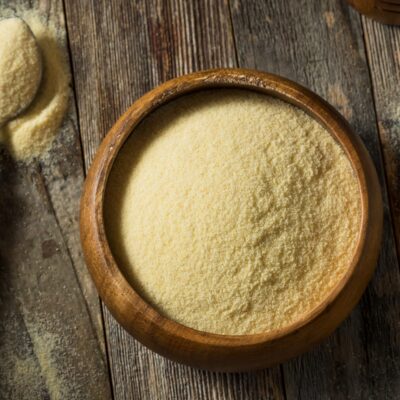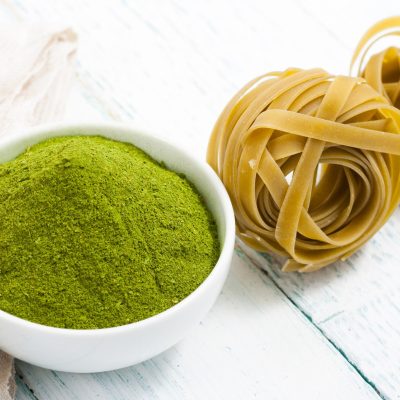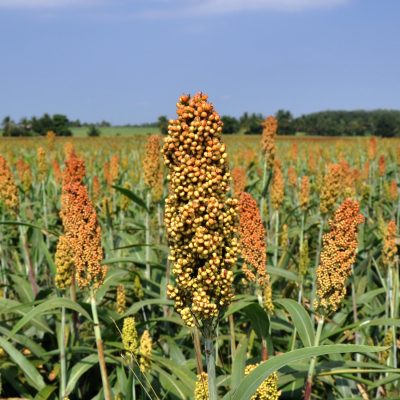Pasta with added superfoods
In the absence of a specific European definition, a superfood can be any food that provides exceptional health benefits in addition to its nutritional content. Typically, a superfood is rich in antioxidants, vitamins, minerals, fibre and flavonoids, all having exceptional health benefits for the human body. In particular, antioxidants are useful against cardiovascular diseases; minerals such as calcium, phosphorus and iron are important for maintaining homeostasis in the body; fibre is important for keeping our digestive tract healthy; while flavonoids have beneficial anti-inflammatory effects and can protect cells from oxidative stress.
A value-added process that improves quality, texture, colour and taste of the final product
Avocado, berries, beetroot, chia seeds, cinnamon, the leaves of beetroot and Indian mustard, spinach, turnip greens, garlic, ginger, lentils, pumpkin, yoghurt and kefir can all be considered superfoods. However, the use of this word is not free, at least in Europe. In fact, the European Commission has clarified that the term “superfood” is rather generic, and therefore the EU Court of Justice clarifies the need to apply Article 10.3 of EC Reg. 1924/06, which states that “Reference to general, non-specific benefits of the nutrient or food for overall good health or healthrelated well-being may only be made if accompanied by a specific health claim included in the lists provided for in Articles 13 or 14”. Therefore, we could use the term “superfood” if the product is accompanied by a nutrition or health claim, otherwise we would be exposed to objections.
Subscribe to the magazine to read the full article

